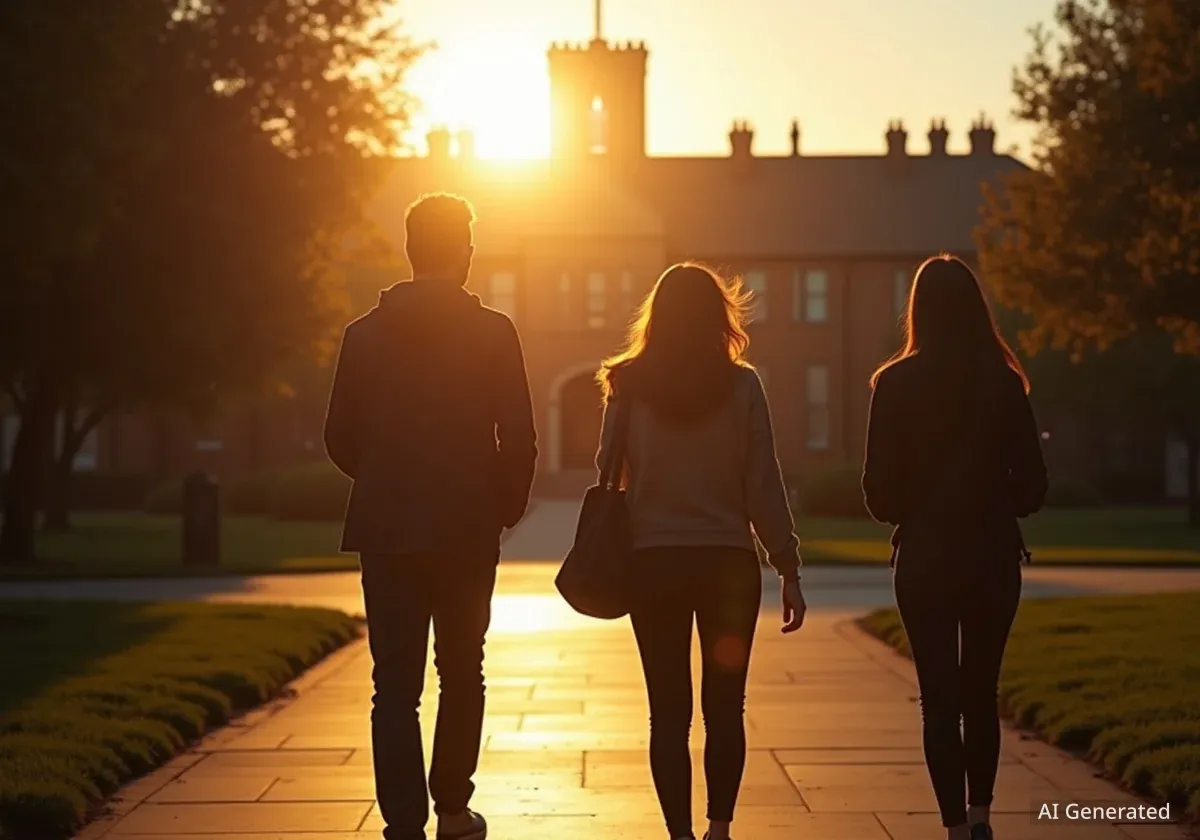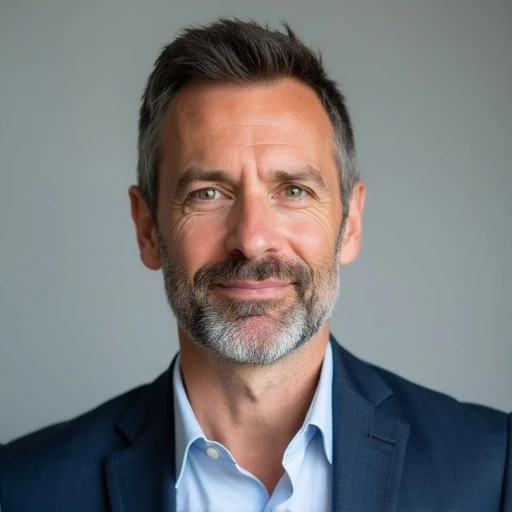A national website, Professor Watchlist, continues to list academics based on their public statements and teaching, sparking concern among educators. This practice has intensified anxieties on college campuses, particularly after recent national discussions about free expression and curriculum content.
Joshua Nguyen, an English instructor at Boston College and Tufts University, experiences anxiety when assigning texts on sensitive subjects. These include topics like race, gender, and sexuality. His concerns have grown significantly following high-profile incidents that have intensified the national debate surrounding free expression and academic curriculum in higher education.
Key Takeaways
- Professor Watchlist, created by Turning Point USA, lists academics for their views.
- Joshua Nguyen, a Massachusetts professor, was added to the list two years ago.
- His listing cited pro-Palestinian rights statements and social media posts.
- At least 77 Massachusetts educators have appeared on the site since 2016.
- The practice raises questions about academic freedom and free speech on campuses.
Professor Nguyen's Inclusion on Watchlist
Two years ago, Joshua Nguyen found his name on Professor Watchlist. This website was launched in 2016 by Turning Point USA, a conservative non-profit organization. The site aims to document professors who allegedly discriminate against conservative students and advance left-wing propaganda in their classrooms. Nguyen's profile on the site detailed specific actions he took.
According to his listing, Nguyen signed an open statement in solidarity with pro-Palestinian rights. He also reposted a tweet that called for a cease-fire in the Israel-Hamas War. These actions were deemed sufficient for his inclusion on the controversial list. His experience highlights a broader trend affecting educators nationwide.
Fact: Professor Watchlist
Professor Watchlist was established in 2016 by Turning Point USA. Its stated goal is to "expose and document college professors who discriminate against conservative students and advance leftist propaganda in the classroom." The site compiles information from public sources, often leading to national attention for listed academics.
Impact on Massachusetts Educators
Nguyen is not an isolated case. He is one of at least 77 educators who have worked at Massachusetts colleges and universities since Professor Watchlist's inception. This number indicates a significant presence of academics from the state on the list. The inclusion of so many local professors underscores the widespread nature of the issue.
The existence of such lists can create a chilling effect in academic environments. Professors may feel hesitant to discuss certain topics or express personal views, even outside the classroom. This hesitation can impact the diversity of thought and critical discussion essential to higher education.
"When I assign readings on a divisive topic — such as race, gender, or sexuality — I feel a flash of anxiety," said Joshua Nguyen. "My stress has only intensified since the slaying of Charlie Kirk brought the national debate over free expression and curriculum on college campuses to a boiling point."
The Broader Debate on Campus Free Expression
The national conversation about free expression on college campuses has become increasingly polarized. Incidents involving public figures and academic freedom have intensified this debate. The inclusion of professors on watchlists adds another layer of complexity to these discussions.
Universities often strive to balance academic freedom with creating inclusive environments. However, external pressures, such as those from organizations like Turning Point USA, can challenge this balance. The focus on perceived political biases in curriculum and faculty statements raises questions about the future of open inquiry in academia.
Context: Academic Freedom
Academic freedom is a principle that supports the freedom of teachers and students to discuss and explore ideas relevant to their field of study without fear of censorship or retaliation. It is considered crucial for the pursuit of knowledge and the development of critical thinking within educational institutions.
Concerns for Academic Freedom
Many educators and academic organizations view watchlists as a threat to academic freedom. They argue that these lists can lead to self-censorship and discourage professors from engaging with controversial but important subjects. This can limit the scope of education and intellectual development for students.
The act of publicly listing professors can also expose them to harassment and intimidation. This creates an environment where fear might outweigh the pursuit of knowledge. The implications extend beyond individual professors to the overall health of academic institutions and their role in society.
- Self-Censorship: Professors may avoid discussing sensitive topics to prevent being listed.
- Harassment: Public listings can lead to online and offline harassment of academics.
- Chilling Effect: The fear of being targeted can suppress open discussion and critical inquiry.
- Impact on Research: Researchers might shy away from politically charged topics.
The Role of Social Media in Public Scrutiny
Social media platforms play a significant role in how professors' statements become public. Nguyen's reposting of a tweet calling for a cease-fire illustrates this. Public posts, even those made personally, can be scrutinized and used to justify inclusion on watchlists.
This raises questions about the boundaries between a professor's private life and their professional role. While universities often have policies on faculty conduct, the use of personal social media activity by external groups adds a new dimension to public accountability.
The ease with which information can be shared and amplified online means that a single post can gain widespread attention. This digital landscape makes it harder for academics to maintain privacy regarding their political or social views. The consequences can be severe, impacting careers and personal well-being.
Future of Higher Education Debates
The ongoing debate about free speech, curriculum, and political influence on college campuses is likely to continue. Organizations like Turning Point USA will likely keep monitoring academic environments. Educators, in turn, will continue to navigate the complexities of their roles in a politically charged climate.
The discussion extends to how universities will protect academic freedom while also addressing concerns about ideological balance. Finding a middle ground that supports open intellectual inquiry without creating an atmosphere of fear remains a significant challenge for higher education institutions across the United States.
This situation underscores the importance of clear institutional policies regarding faculty speech and public engagement. It also highlights the need for ongoing dialogue between different stakeholders to ensure that colleges remain places of robust intellectual exchange.





